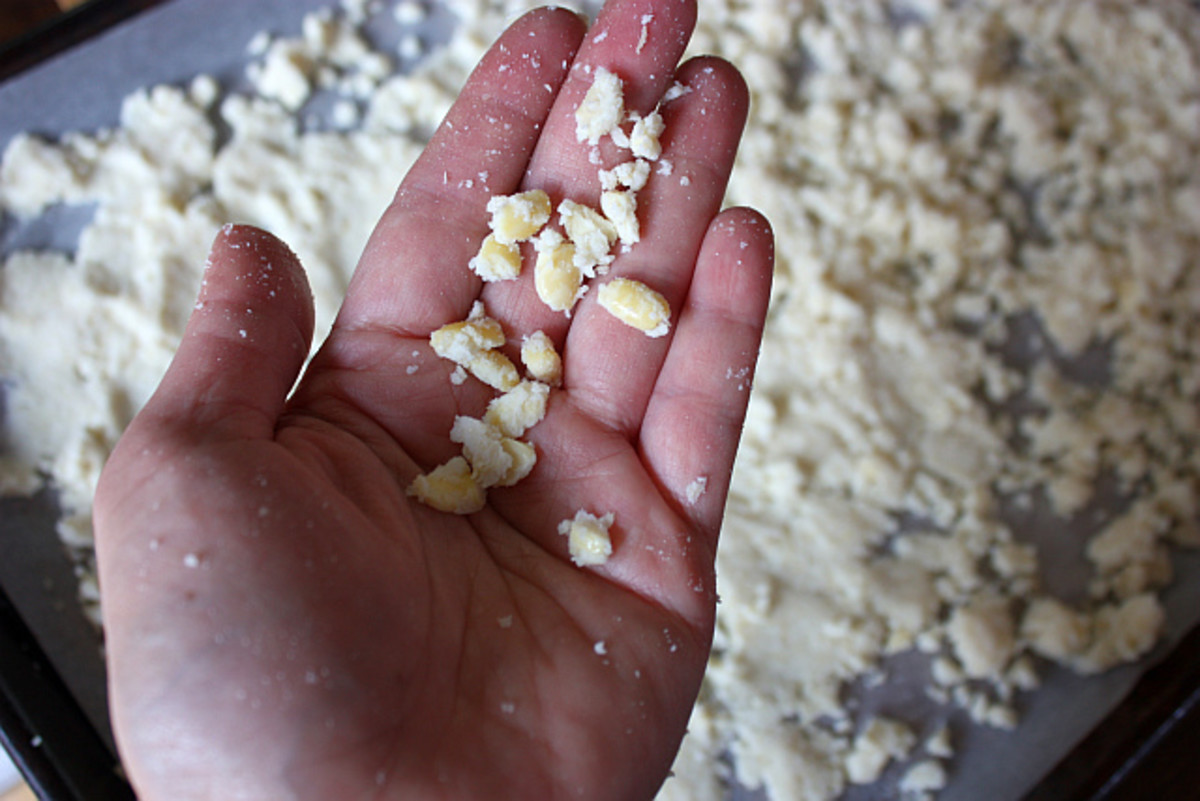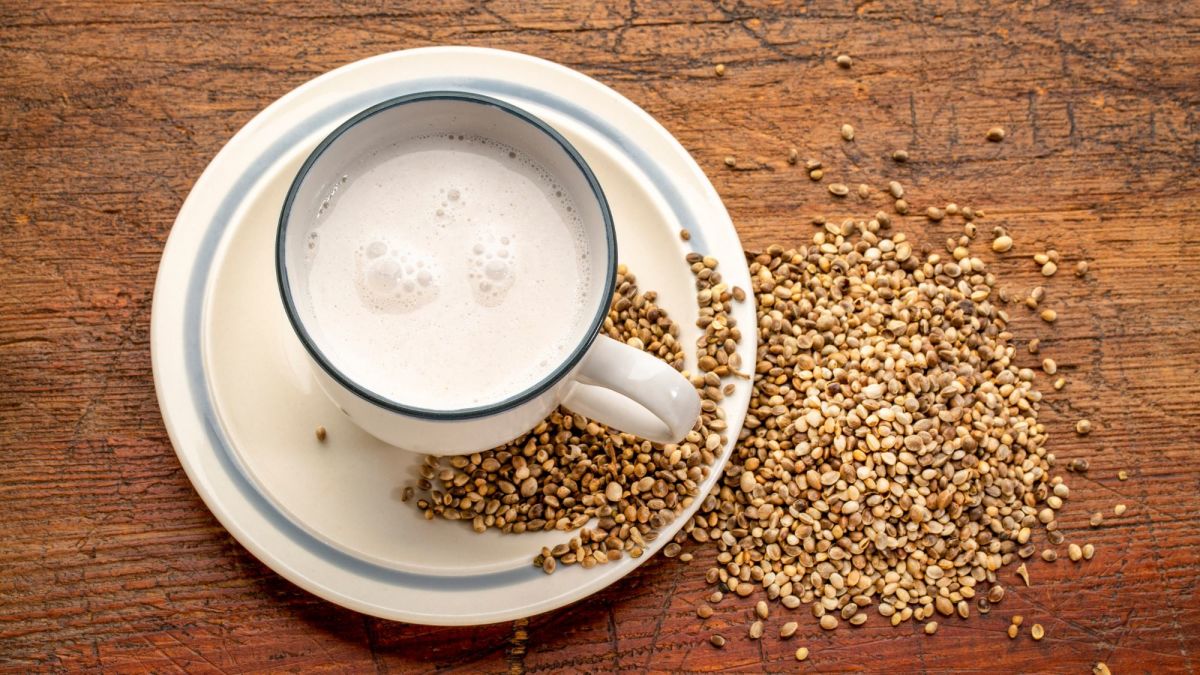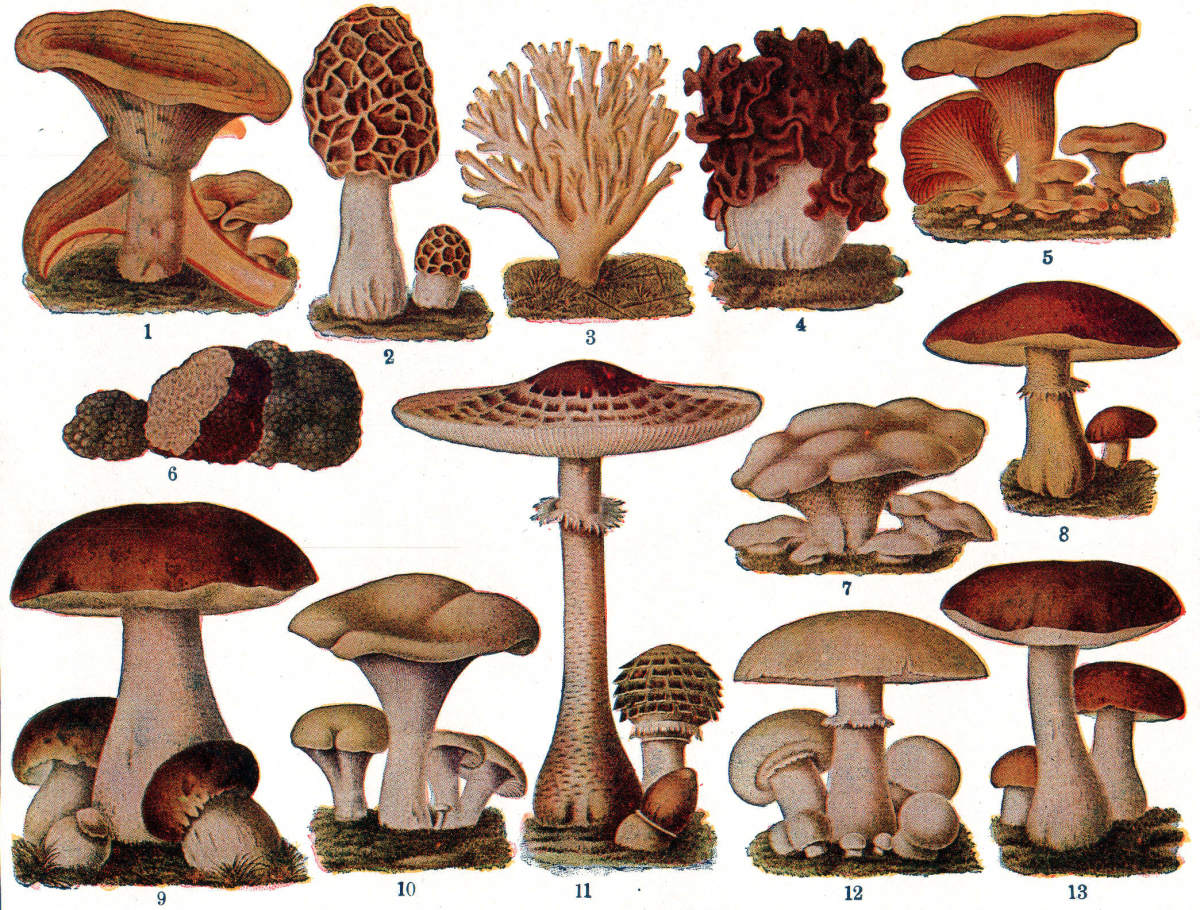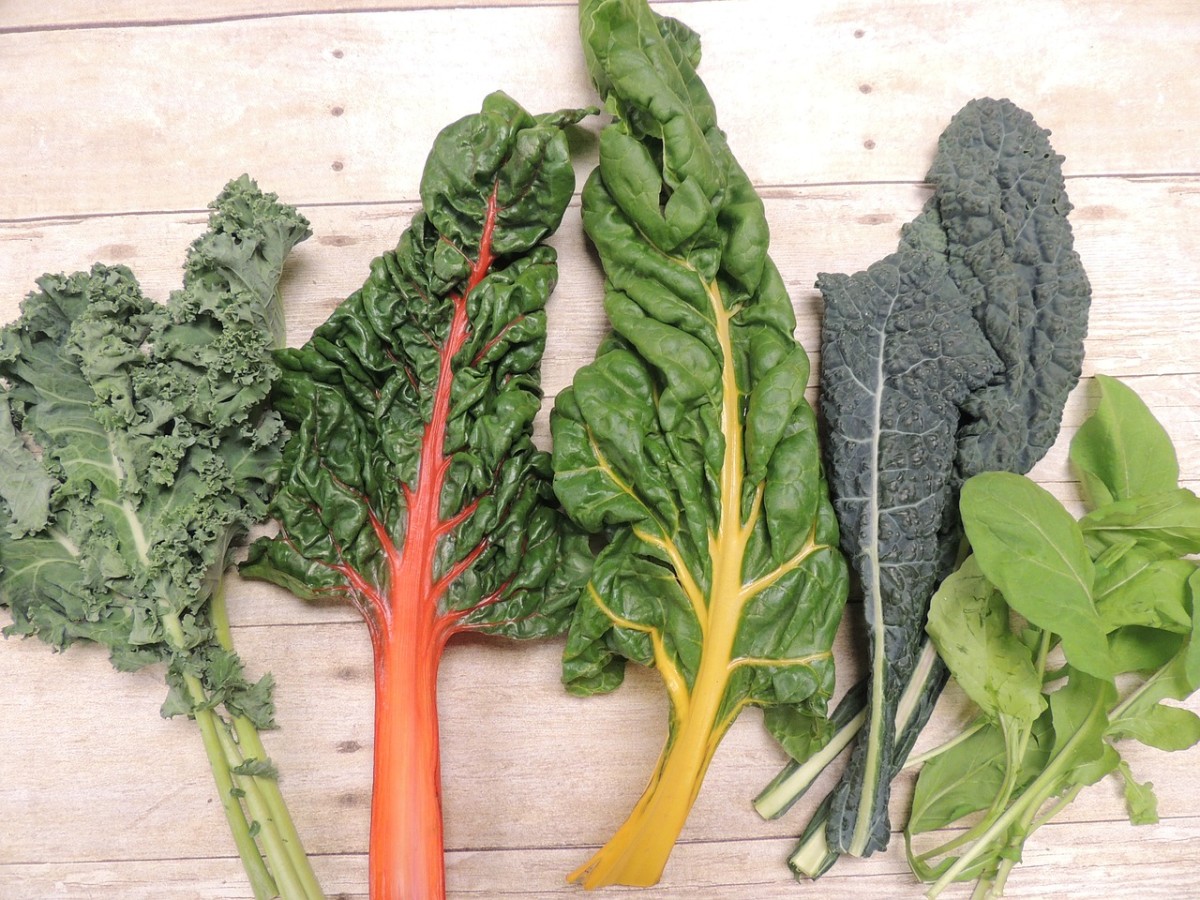Is Soy Bad for You? Examining Both Sides of the Argument

When I first decided to stop drinking cow milk, I immediately turned to soy milk. To tell you the truth, I didn't know of any other milks other than cow and soy milk, and the latter was being heavily advertised at that time as the healthiest choice. Eventually, I ran into some unfavorable articles and comments regarding soy milk. I started questioning my decision and ran to Google to learn more about the issue.
The beginning of the soy craze
In 1999, the FDA announced that soy could significantly reduce heart disease if included in your daily diet. From that day on, soy became super popular and we started seeing soy products everywhere, from baby formulas to soy meat. There were claims that soy could replace animal protein and that it could even fix hormonal imbalances. But soy's fate changed, and today more and more people believe using soy can lead to some pretty bad health problems.
Which side of the argument are you on?
Do you believe soy is harmful to your health?
Soy: the good and the bad
It's unbelievable how much information there is out there about soy! And when there is such a debate about any issue, you can always count on finding people on both extremes: those who are blindly for it and those who are fanatically against it. I will present to you the most coherent arguments I found on BOTH SIDES, and you will take the decision on whether soy is good or bad for your health.

The bad side of soy
The main complaint about soy is its alarmingly high content of phytoestrogens. Phytoestrogens are vegetable components that can act as the feminine hormone known as estrogen. This female hormone is mainly responsible for changing a girl's body into a woman's body. However, it can also be responsible for causing malignant tumors, such as the ones that are present in hormone sensitive breast cancer.
Soy and women
Soy could increase risk of breast cancer due to its high amounts of phytoestrogens. It could also cause problems with the reproductive organs such as increased bleeding during menstruation as well as more painful periods, premature births and difficulty conceiving.
Soy and men
Since phytoestrogens can have similar effects as estrogen, many are concerned with the effect soy could have in men. Some say that the high amount of isoflavones (a type of phytoestrogen) can lead to less testosterone, and thus, decreased libido in men. There have also been claims that soy, when consumed in large quantities, can cause gynecomastia, the abnormal enlargement of mammary glands in men.

Thyroid
Soy is a goitrogen, which is a fancy word to say that it suppresses the function of the thyroid gland. This can lead to thyroid enlargement and to Goiter (swelling of the neck due to an enlarged thyroid.) Because the thyroid gland stops functioning as well as it should, you could potentially end up with hypothyroidism.
Soy and digestive problems
Soy contains high levels of phytic acid. Phytic acid is not digestibly by humans. The worst thing is that it inhibits the body from properly absorbing essential minerals, such as iron, calcium and zinc, which are essential to the development and functioning of the brain and nervous system.
Protease and trypsin are enzymes that help with the digestion of protein. Soy contains protease and trypsin inhibitors, which means that your body will have a hard time digesting and absorbing protein.
Soy and Cancer
As stated before, soy could increase breast cancer risk, as well as other forms of cancer. Four grams of soy daily could increase risk of prostate cancer by 120% and ovary cancer by 15%.

The good news about soy
Now that we heard all the bad stuff about soy, let's hear a bit of good news. The good news pretty much summarize in three parts:
- In order to cause all those problems, soy has to be consumed in large quantities
- Most studies that have been done about soy have been done on animals. (Animals don't react the same as humans to everything.)
- The type of soy you eat matters.
Did you know?
As of 2012, 93% of American soy production was genetically modified. This is the type of soy that can be harmful to your health...
Studies with humans
A study published in 2001 in one of the main magazines of the JAMA (Journal of the American Medical Association) found that babies that were fed with soy were in same or better health that babies that were fed with cow milk (breast milk is still be the best option).
The study also followed 811 men and women between 20-34 years of age. These men and women had previously participated in cow milk vs. soy milk studies in their childhood. The results? They had no difference in their overall health and no reproduction problems when compared to the children who grew up on cow milk.
*There was only one difference: women's cycles were slightly longer (by 8 hours) than those who drank cow milk.
Animal studies
Most of the negative findings about soy have been based on animal studies. The first negative results about soy came from a 1985 study which linked soy to pancreatic cancer in rats. However, before we get scared, we need to know that rats, as well as chickens, have a pancreas that is very sensitive to protease inhibitors found in soy. The rat pancreas is very different from the human pancreas. Different needs, different pancreas.
To put things in perspective, think about this: breast milk is toxic for rats, but that doesn't mean it's also toxic for babies. In fact, as we all know, breast milk is the best thing a baby could drink. Not everything that is bad for animals, is also bad for humans.
Types of soy
Some of the healthiest and long-lived people come from places that consume plenty of soy. However, the soy they consume might be very different from the one we get in more developed countries. Soy could be perfectly healthy as long as it is not GMO (genetically modified) and as long as it hasn't been fumigated with chemical products. So good luck finding soy like that.

Everything in moderation
Even the healthiest foods need to be consumed with moderation. The same applies to soy. Since we still don't know exactly what soy can or cannot cause, eat it with moderation. Have a healthy diet, and don't rely too much on one single thing to act as the elixir for all health problems. Eat a healthy and moderate diet.
Happy living!
This content is accurate and true to the best of the author’s knowledge and does not substitute for diagnosis, prognosis, treatment, prescription, and/or dietary advice from a licensed health professional. Drugs, supplements, and natural remedies may have dangerous side effects. If pregnant or nursing, consult with a qualified provider on an individual basis. Seek immediate help if you are experiencing a medical emergency.
© 2014 Silver Q








